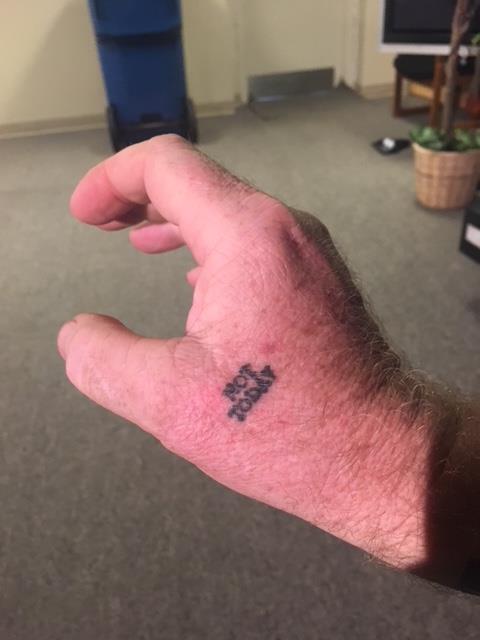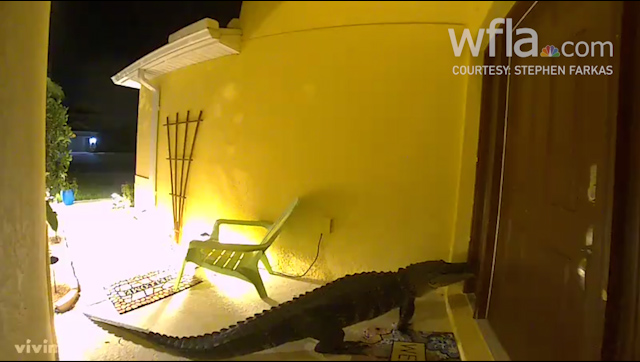The deaths of fashion icon Kate Spade and celebrity chef Anthony Bourdain have underscored the growing suicide epidemic in America and hit close to home for a local veteran.

The tattoo on Keith Hansford’s hand reads, “Not Today.”
It’s a daily reminder and a promise to his wife after the veteran thought about ending his life.
“Before when I was in a really bad state, everyday before I leave to work, she’d make me promise her not to kill myself or anybody else,” said Hansford.
Now he fights for other vets who think about committing suicide.
“You get claims that are delayed, denied and just carry on for years and years and that leads a lot of veterans to homelessness, hopelessness,” he said. “If you don’t have the support system that fortunately I had, my psychiatrist, my wife. They think suicide is the only way out.”
The Center for Disease Control said more than half of people who died by suicide did not have a known mental health condition. Suicide rates are on the rise and have increased in some states by 30 percent since 1999.
“Florida is the one of the states in which we have a particular large concern for shortage of mental health professionals,” said Dr. Jennifer Katzenstein, Director of Psychology and Neuropsychology at Johns Hopkins All Children’s Hospital.
Katzenstein points to signs like changes in behavior and talking about death, which may be a cause for concern.
“Engaging in more risky behavior, talking about what life would be like if they weren’t here, giving their things away,” she said. “Using the words, I think it would be better if I’m not here, thinking about completing a suicide with a plan or with without a plan, taking that very seriously and having an open and honest conversation with that individual, with that child about what’s going on and then from there going and seeking help.”
The National Suicide Prevention Hotline offers free, confidential support for people who may be in crisis. To talk to someone now, call 1-800-273-8255. For more information, suicidepreventionlifeline.org.

